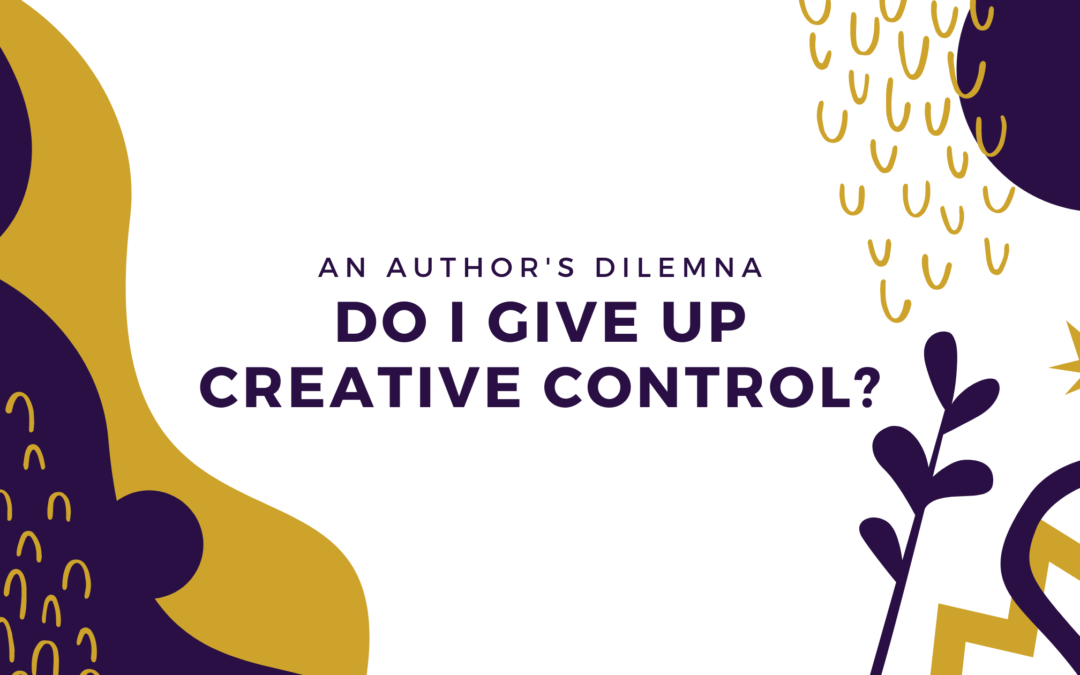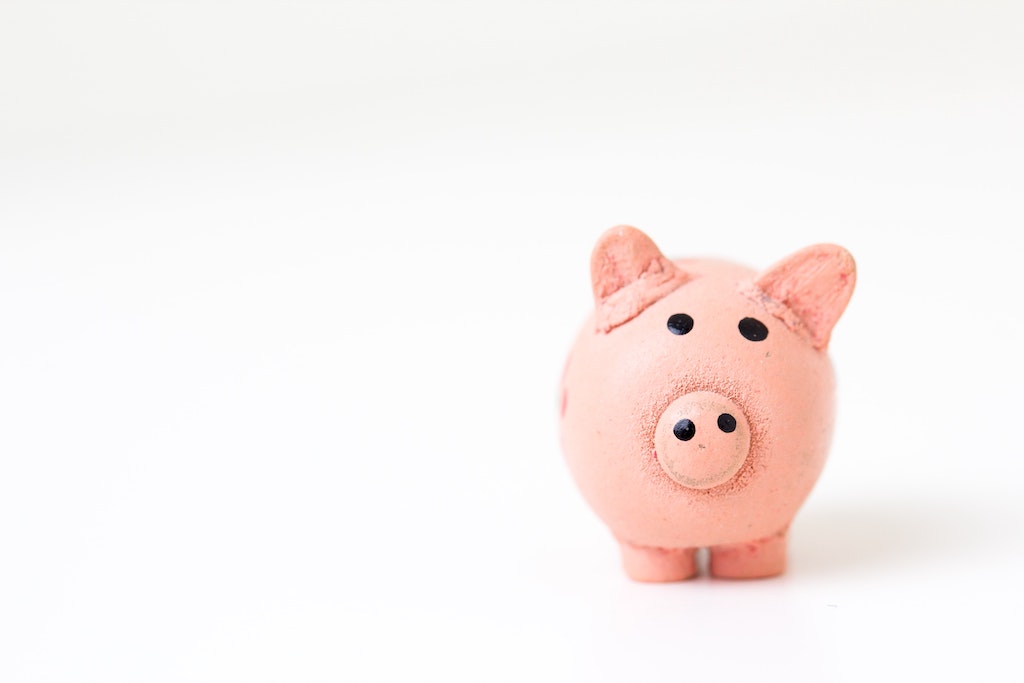Self-publishing vs. traditional publishing is one of the great debates in the literary world. Each author will have their own preferences, with self-publishers singing the praises of creative control and higher royalties, while traditionally published authors often state it is the only path to mainstream success.
As a writer, choosing your publishing method is one of the biggest decisions you will make. To help you out, we’ve broken down each method and discussed its benefits.
What Exactly are the Differences Between Self-Publishing and Traditional Publishing?
Self-publishing is where you undertake all the aspects of publishing your book. This includes edits, cover design, formatting, as well as releasing and marketing your book. Many self-publishers choose to the source, hire and pay other specialists to help them. Self-publishing does mean you maintain ownership of your book’s rights and royalties.
On the other hand, traditional publishing is when you work with a third-party publisher to release your book. Here, your publisher will manage the editing, design work, marketing and release of your book. As the author, you will only receive a small percentage of the royalties, but you will enjoy the perks of the publisher’s services and industry connections.
What are the benefits of self-publishing vs. traditional publishing?

Creative Control
The level of creative control is the main difference between the two types of publishing. Self-publishing gives you a far level of control over the entire writing, editing and publishing journey. You can define your own costs and timeline, have the final say on all creative decisions and will earn a much higher percentage of royalties. When it comes to traditional publishing, you can, of course, trust your publisher to do everything correctly – after all, they have the experience. But this doesn’t necessarily mean that you will always approve of their choices, or be the ultimate decision-maker.
Money
Self-publishing can be more expensive than traditional, mainly because you have to finance the operation yourself. If you invest smartly, get a solid marketing plan in place and your book is a success, you will recoup your costs quickly as you will receive a far higher percentage of the royalties. With traditional marketing, the publisher will absorb all the costs from the start so you won’t need to pay out of your own pocket before your book is on shelves. However, your royalties afterwards will be a much lower 5-15%.
Exposure
As you may have guessed, traditional publishing opens you up to much larger mainstream exposure. Major publishers have the resources and connections to promote your book and have it prominently displayed in bookstores.
With self-publishing, it is possible to achieve widespread recognition, but it will be more difficult. Many self-published authors choose to hire a marketing advisor to put in place a solid marketing plan that will not only get your name our there but also help you build a loyal audience.
Show Me Some Love
- Refer a client (I’m also working on an awesome referral bonus structure so don’t forget to tell them to drop your name!
- Follow me on Facebook and Instagram.
- Share my website with fellow cool people.
- Read more about Why Every Author Needs a Book Coach.
- Book a discovery call with me to find out how I can help you achieve your goals – and get your book on a shelf!



